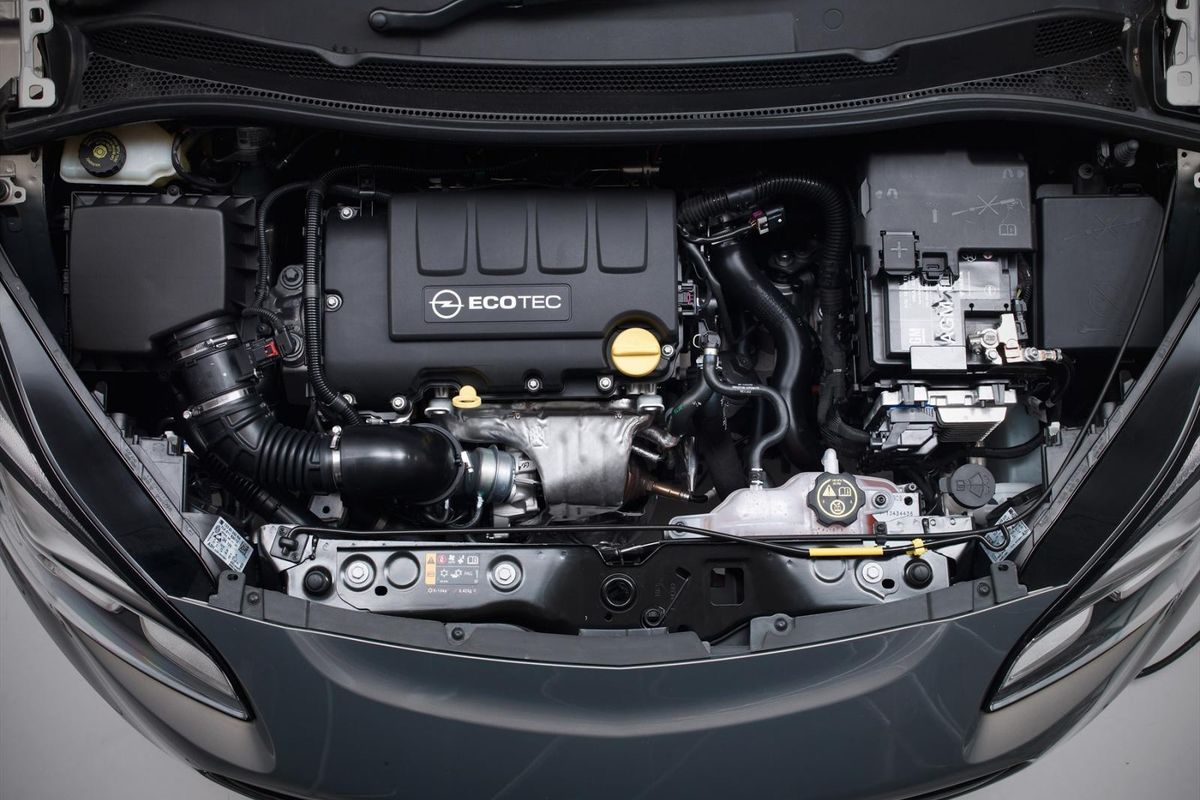Smart Purchaser's List: Trick Includes to Assess in Engines Before Purchasing
When considering buying an engine, there are several key attributes that a critical buyer need to assess to guarantee they are making a well-informed choice - Opel Corsa 1.4 Engine Price. From the kind of engine to its efficiency metrics, fuel maintenance, efficiency, and toughness expenses, each aspect plays a crucial function in figuring out the engine's viability for the desired objective. By carefully analyzing these factors, buyers can buy that not just meets their present needs however likewise proves to be a wise long-term financial investment
Engine Kind Evaluation

For applications calling for high power result, such as durable commercial equipment or large lorries, diesel engines are typically chosen as a result of their effectiveness and torque abilities. On the other hand, gasoline engines are typically selected for smaller devices, cars, and power tools where lighter weight and higher RPM performance are beneficial.
Additionally, the setting in which the engine will certainly operate must be thought about. Factors such as altitude, air, and temperature high quality can impact the engine's performance and durability. Picking an engine type that appropriates for the details operating conditions will certainly aid make sure optimum efficiency and toughness.
Efficiency Metrics Evaluation
Evaluating efficiency metrics is crucial in figuring out the performance and efficiency of an engine for its desired application. Gas effectiveness is a crucial efficiency statistics, highlighting how successfully the engine converts gas right into useful energy. Thermal efficiency, a step of how well the engine converts warmth from gas combustion right into mechanical work, is also fundamental in analyzing total performance.
Gas Performance Exam
Assessing gas effectiveness is a crucial variable in identifying the functional cost-effectiveness and environmental influence of an engine. Gas effectiveness refers to the quantity of power an engine can draw out from a certain quantity of fuel. It directly impacts the general operating costs of the engine, making it an essential consideration for purchasers seeking to enhance their long-term expenses.
When examining gas effectiveness, it is crucial to take into consideration metrics such as miles per gallon (MPG) or liters per 100 kilometers (L/100km) depending on the area. These metrics supply a clear indicator of just how much a car can take a trip on an unit of gas, allowing customers to approximate fuel expenses properly. Additionally, technologies like hybrid systems, turbocharging, and direct gas injection can significantly affect fuel efficiency by enhancing burning efficiency and minimizing energy losses.
Eventually, choosing an engine with high gas effectiveness not just decreases operational expenses yet also reduces carbon emissions, making it an ecologically aware option. By prioritizing fuel performance during the investing in process, buyers can make informed decisions that straighten with their environmental and financial goals.
Resilience and Integrity Check

Considering the significant effect of gas performance on operational costs and environmental sustainability, the next important facet to examine in engine acquisition is the sturdiness and reliability of the engine. Durability describes the engine's capacity to withstand wear, corrosion, and stress over an extended period, guaranteeing a longer lifespan. Integrity, on the various other hand, concerns the engine's uniformity in link efficiency under different problems without unexpected failures or failures.
To evaluate the durability and integrity of an engine, a number of variables need factor to consider. First, examining the engine's building materials and design can provide understanding right into its robustness and resistance to use. In addition, examining historic data on the engine design's efficiency, upkeep requirements, and typical concerns reported by customers can aid evaluate its integrity.
Furthermore, certifications from credible companies, guarantee offerings, and manufacturer reputation for producing reputable engines are valuable signs of longevity and reliability. Conducting detailed research, looking for recommendations, and checking upkeep documents can help in making a notified choice on purchasing an engine understood for its long life and dependable efficiency.
Price and Upkeep Considerations
When contemplating engine purchase choices, an essential aspect to delve right into is the economic effects combined with maintenance factors to consider. The price of an engine expands past the first acquisition cost. Additionally, reviewing the maintenance requirements of different engine versions is vital - Opel Corsa 1.4 Engine Price.
Verdict
In verdict, it is important for customers to completely assess essential functions in engines before making an acquisition. By thinking about the engine kind, efficiency metrics, gas effectiveness, sturdiness, maintenance, integrity, and price demands, purchasers can make an informed decision that satisfies their demands and assumptions. This comprehensive evaluation process guarantees that buyers choose an engine that will certainly provide optimum efficiency and long life for their intended use.
From the type of engine to its efficiency metrics, fuel performance, resilience, and maintenance prices, each facet plays an important role in identifying the engine's viability for the intended objective. Fuel performance is an important efficiency metric, highlighting just how effectively the engine converts gas into useful energy. Gas effectiveness refers to the quantity of power an engine can extract from a certain quantity of gas.Thinking about the considerable influence his response of gas performance on functional prices and environmental sustainability, the next important facet to assess in engine acquisition is the resilience and reliability of the engine. By taking into consideration the engine type, performance metrics, gas performance, sturdiness, expense, upkeep, and dependability needs, buyers can make an educated decision that meets their demands look at these guys and assumptions.